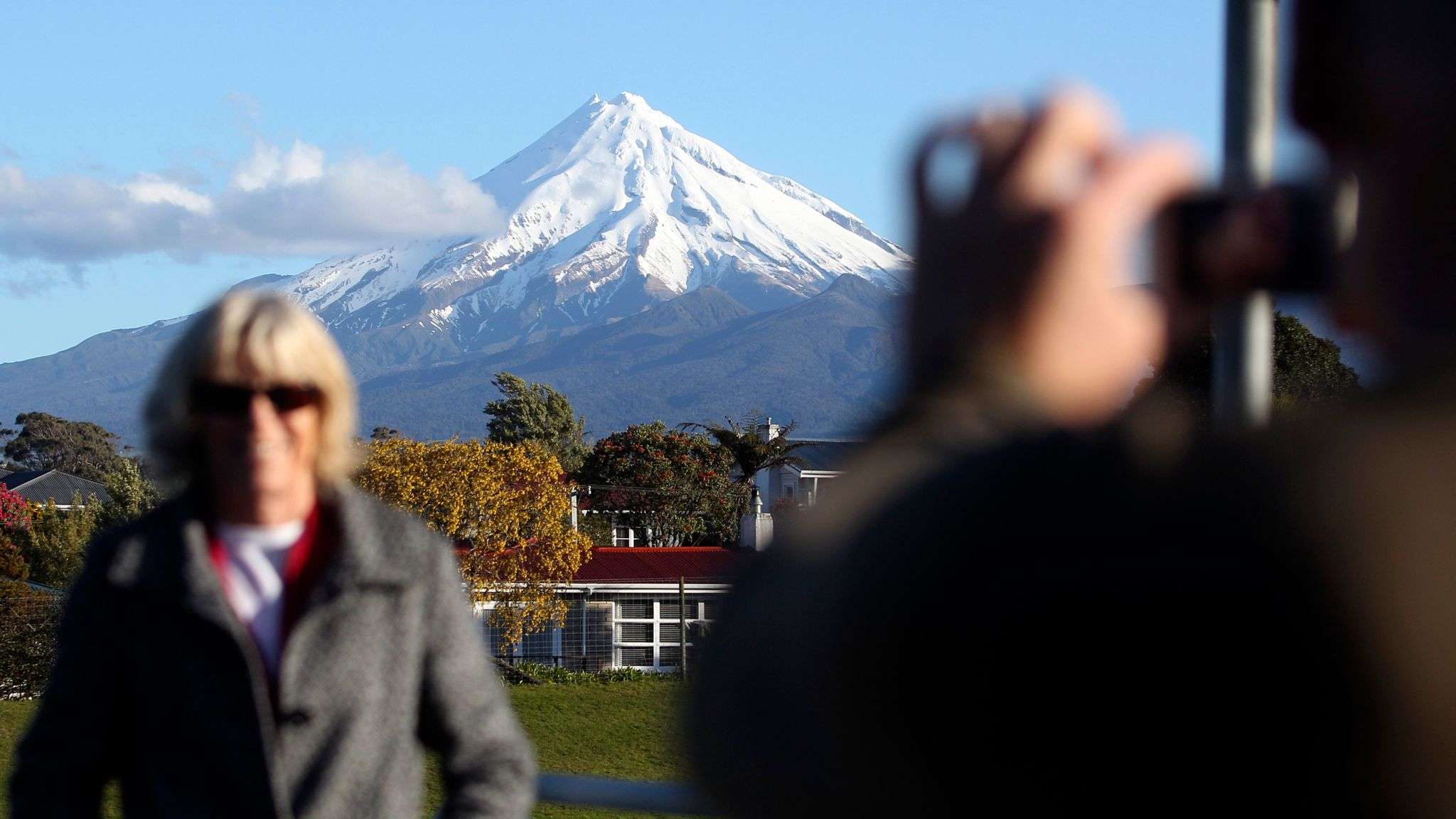In a groundbreaking move, New Zealand has granted legal personhood to Mount Taranaki, an iconic and sacred volcano on the North Island. This decision follows in the footsteps of Te Urewera, a vast native forest, and the Whanganui River, both of which have already been recognized as legal persons under New Zealand law.
The new status means that Mount Taranaki will have the same legal rights as a person, ensuring stronger protections for its natural and cultural heritage. The law acknowledges the deep spiritual and historical significance of the mountain to the Māori people, particularly the local iwi (tribes) who regard Taranaki as a revered ancestor.
Under this legal framework, the mountain will be represented by a group of custodians, including both government and Māori representatives. They will work together to safeguard the volcano’s ecological health, cultural integrity, and long-term well-being.
New Zealand has been a global leader in granting personhood to natural entities, reflecting an Indigenous worldview that sees land and rivers as living beings rather than mere resources. The move is expected to set a precedent for environmental and cultural conservation worldwide, reinforcing the idea that nature should be respected and protected as an integral part of human and ecological systems.
With Mount Taranaki now legally a person, the country takes another step towards aligning its legal system with traditional Māori values and strengthening protections for its most treasured landscapes.

































